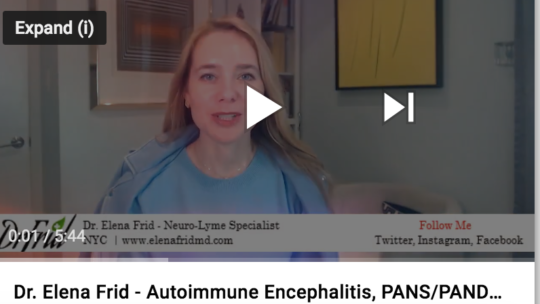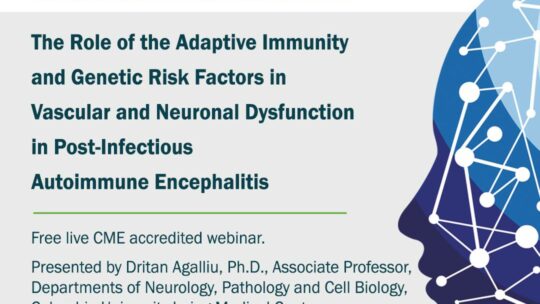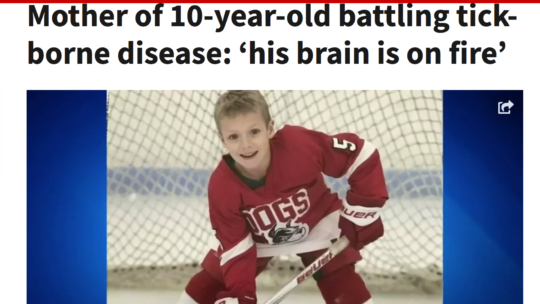Ali A, Anugwom G O, Rehman U, et al. (May 12, 2021) Sydenham Chorea Managed With Immunoglobulin in Acute Rheumatic Fever. Cureus 13(5): e14990. doi:10.7759/cureus.14990
Conclusions: SC is a rare presentation of ARF. Without adequate treatment and supportive care, SC can cause severe functional impairment. ARF should be considered as a differential diagnosis in school-aged children presenting with choreiform movements. Chorea can be managed with antiepileptics and antipsychotics; however, evidence on IVIG use for chorea has also been reported. There is no international consensus on the standard choice of treatment; therefore, IVIG should be used in severe functional impairment when unresponsive to other therapies.









